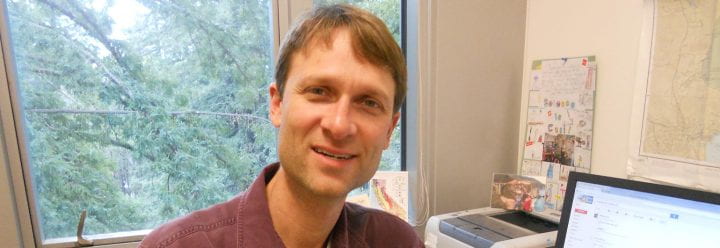Research
Researchers in the Department of Microbiology and Environmental Toxicology at U.C. Santa Cruz seeks to understand how harmful agents—including pathogens and chemicals—interact with the environment and damage humans and animals. The department has two main research foci: microbiology and environmental health and toxicology. These studies are by nature multidisciplinary and members of the METX department are passionate contributors to multidisciplinary efforts that cross departmental boundaries. We frequently collaborate in research and educational programs with colleagues in the Departments of Chemistry and Biochemistry, Biomolecular Engineering, Earth and Planetary Sciences, Molecular, Cell and Developmental Biology, Ocean Sciences, and the Institute for Marine Sciences.
Explore our faculty’s research expertise by discipline:
Environmental Health & Toxicology
Research in the area of environmental health and toxicology focuses on investigation into the exposure of organisms to toxic agents, as well as examination of the molecular and physiological processes that are impacted by these exposures, with a special emphasis on exposure to metals.
Browse our faculty experts:
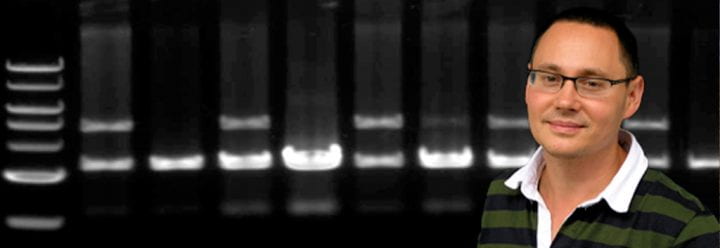
I use molecular genetic and computational approaches to study the biological consequences of random changes in genetic information mutations that occur spontaneously or as a result of environmental insults.
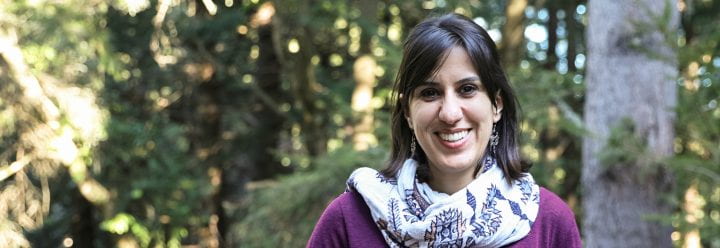
I investigate how environmental exposures modulate genome expression across generations, with an emphasis on the environmental contribution to human disease.

I study impacts to wildlife with an emphasis on contaminant-induced effects. Specifically, I generate data to inform conservation solutions for at-risk species by identifying problems, quantifying impacts, and promoting solutions.
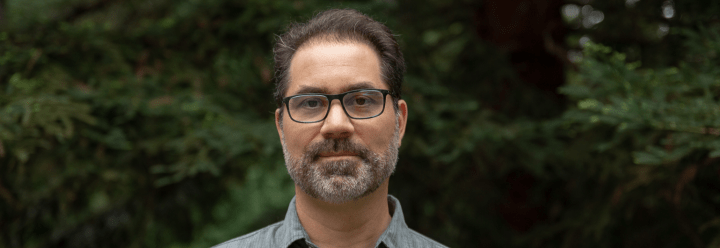
My research focuses on how bacteria alter the toxicity of aquatic pollutants, such as arsenic and nitrate in diverse environments including groundwater, surface water, and extreme environments.
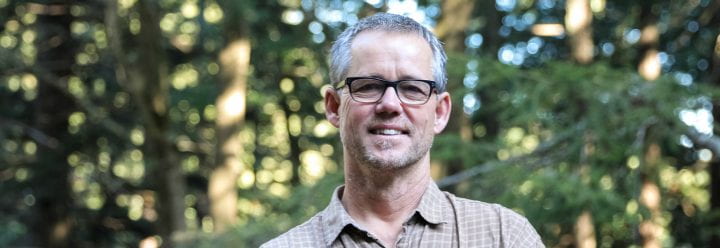
My research explores basic mechanisms underlying how toxic metal exposures contributes to cellular effects and disease, including lead, mercury, and arsenic.
Microbiology
Research in the area of microbiology focuses on the analysis of molecular genetics of both pathogenic and non-pathogenic bacteria. Faculty address a diverse range of questions focused on how bacteria can transform metals to enhance or diminish their toxicity, and how bacteria themselves act as harmful agents by infecting humans.
Browse our faculty experts:
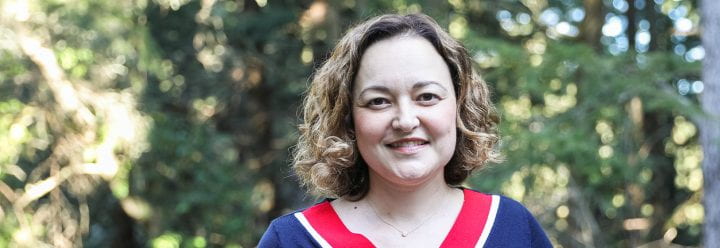
I study how bacterial pathogens cause disease and work to develop new antimicrobial compounds that target an important bacterial appendage called the type III secretion system.
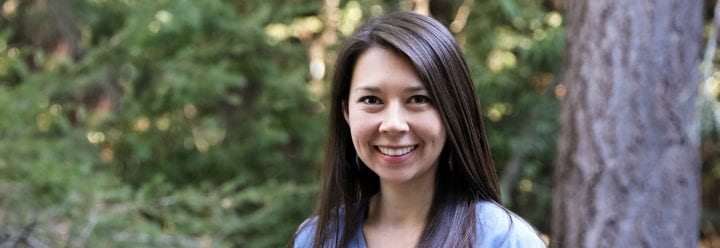
I study how variation in innate immune responses impact susceptibility or resistance to infection disease, with a primary focus on Streptococcus pneumoniae infection.
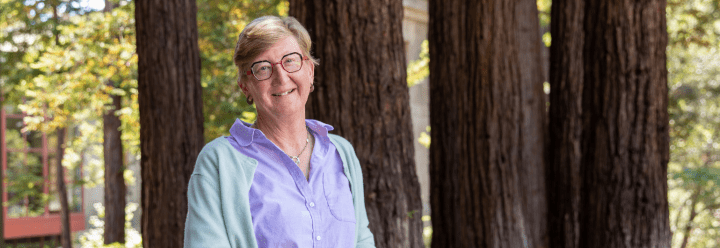
My research focused on how pathogenic bacteria such as Helicobacter pylori use environmental cues to establish infection.
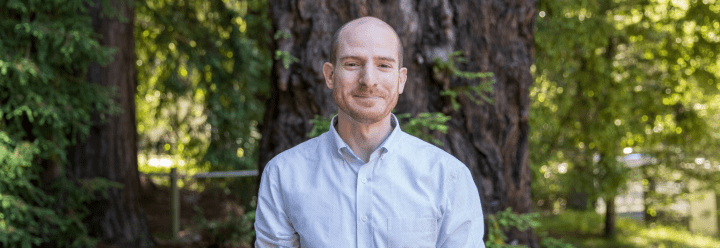
I study the microbes that live in the human intestine to understand how beneficial and harmful gut bacteria compete with one another for nutrients in the foods we eat, with the goal of developing technologies for manipulating the intestinal ecosystem to improve human health.
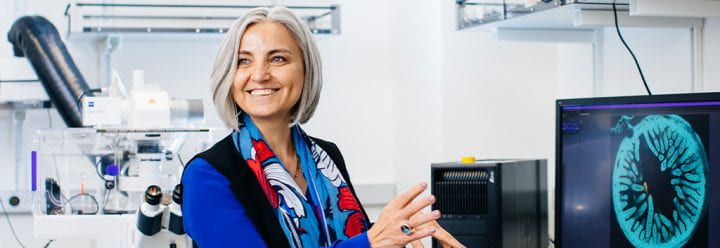
Biofilms are surface-attached microbial communities that cause significant problems in environmental, industrial, and clinical settings. My research group studies the mechanisms and regulation of biofilm formation and biofilm-mediated hyperinfectivity.






